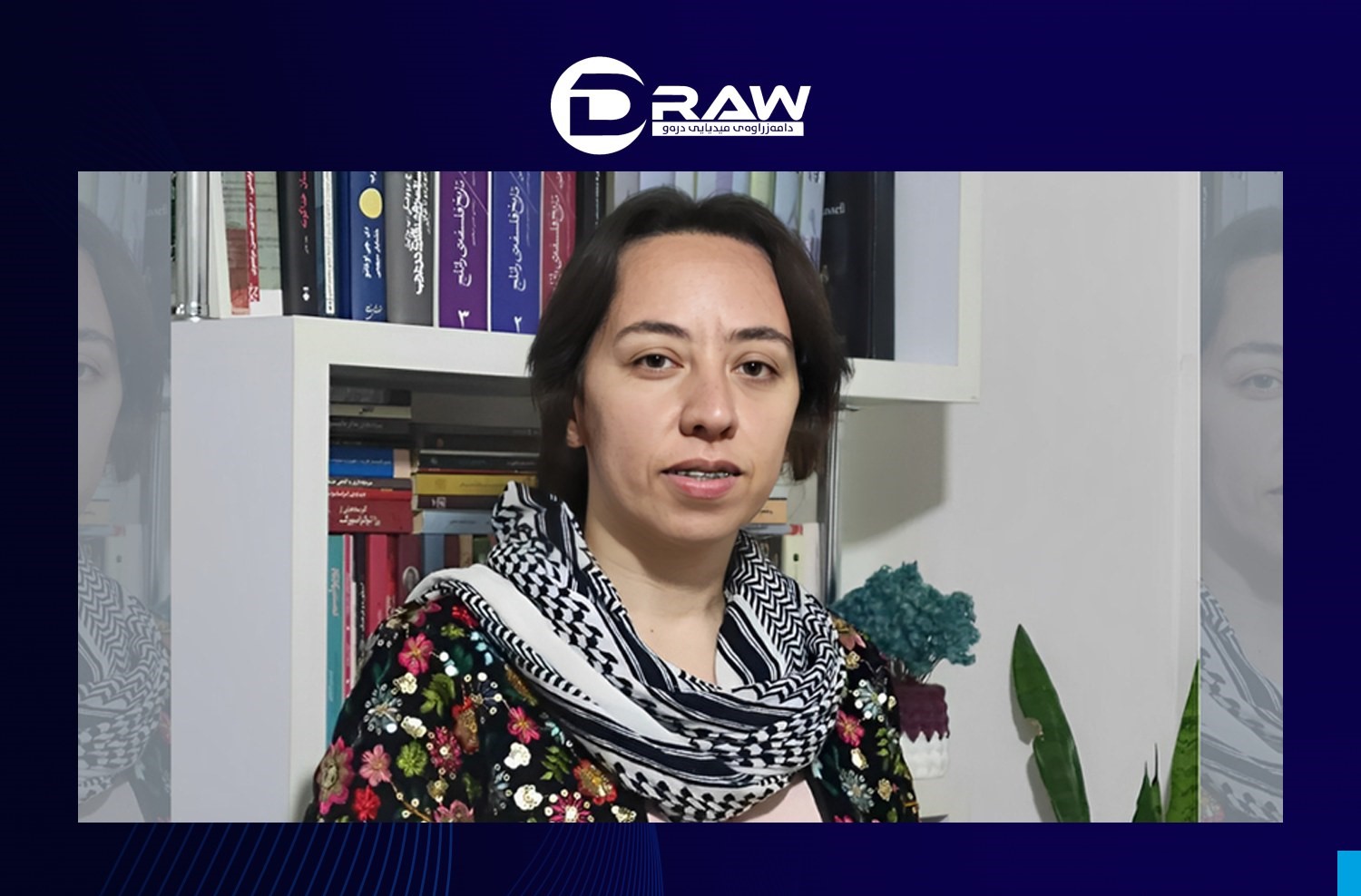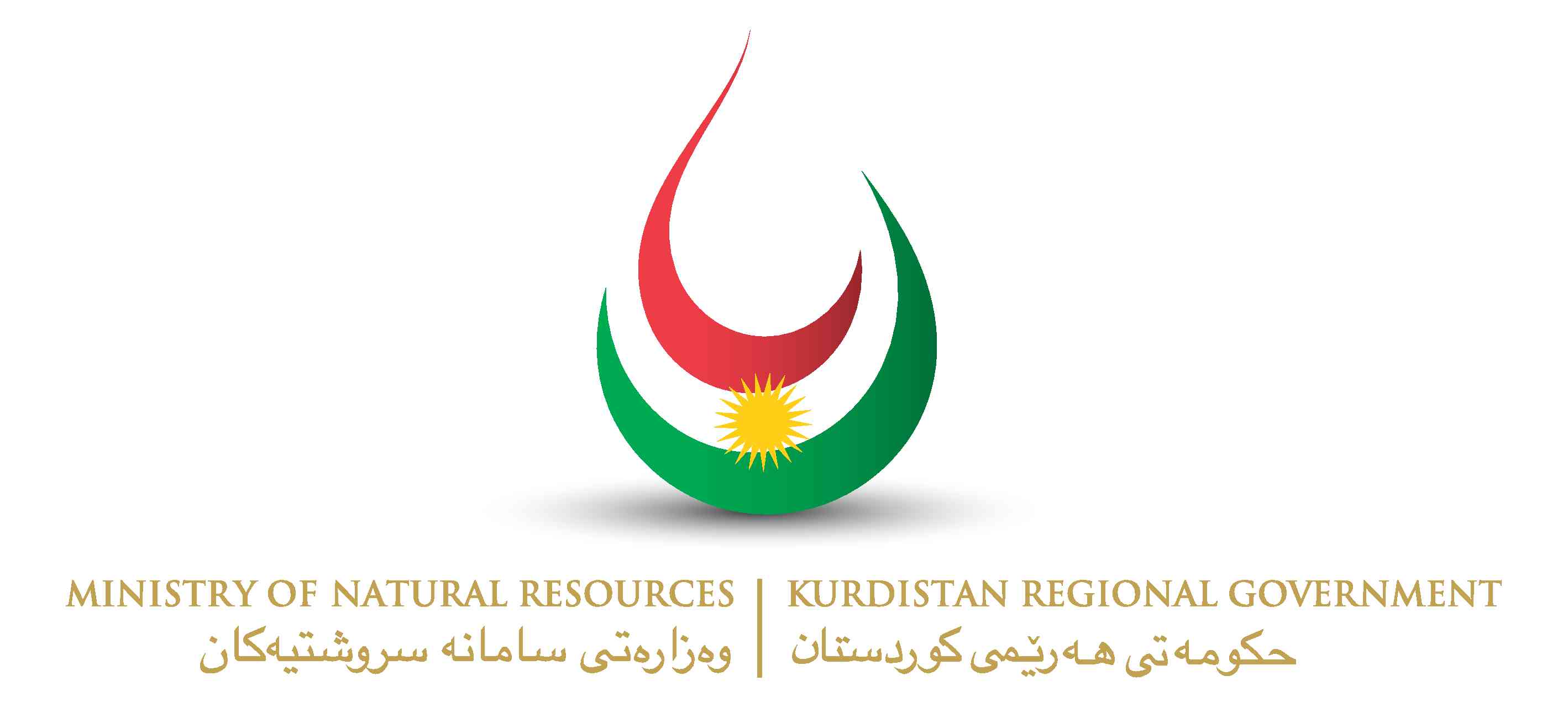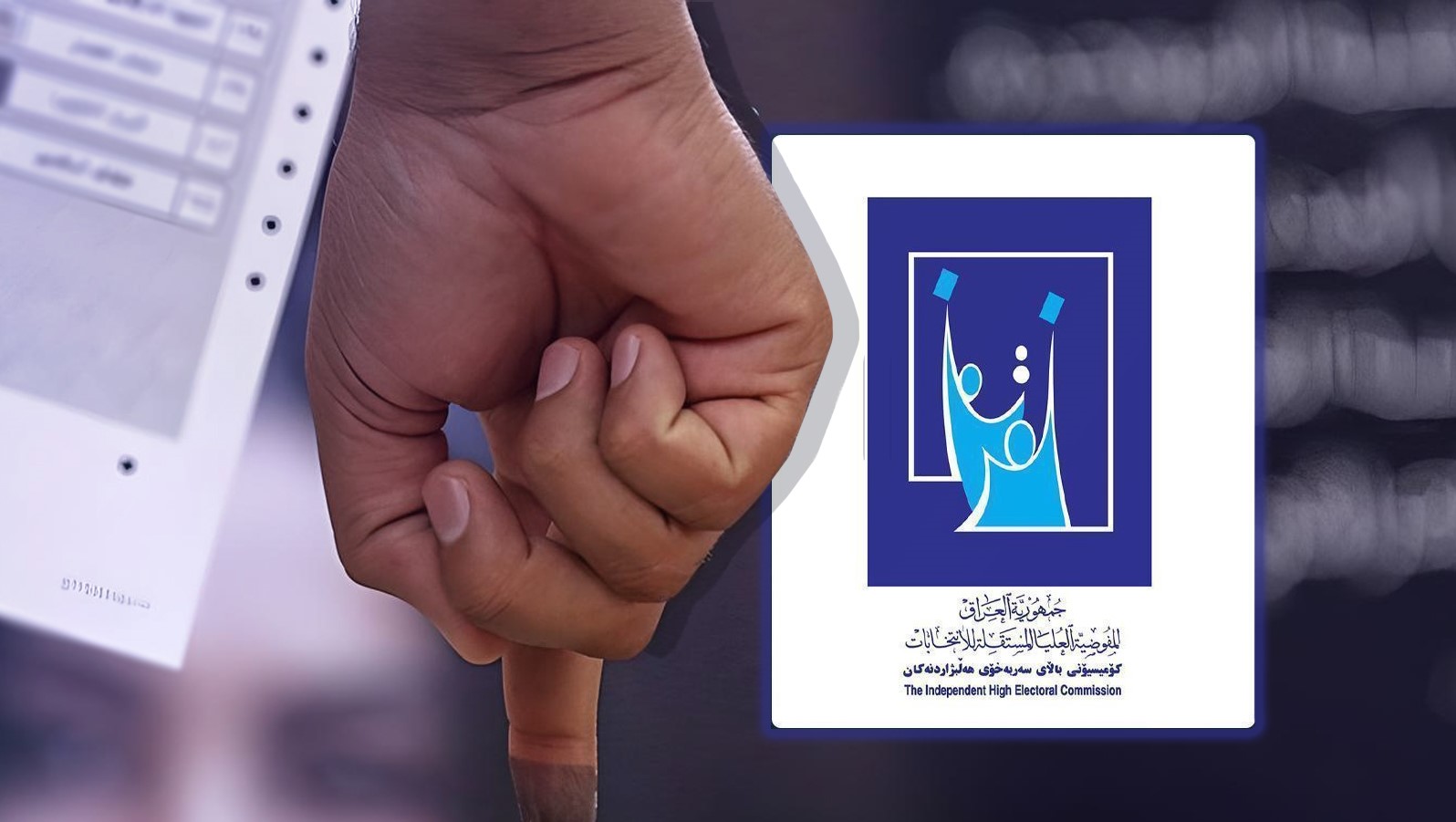Will Iraq Finally Revive This Mothballed Megaproject?

2023-02-23 06:43:18
• The Iraqi government stated last week that the long-delayed Nebras Petrochemical Project is set to be revived.
• The government set the price of the gas that will be used to operate the project at US$1.5 per million British thermal units.
• The original memorandum of understanding for the deal to go ahead was agreed in 2012.
For several years now, Iraq has been able to access all the technology required to turn part of its abundant crude oil and/or gas resources into the metaphorical gold at the end of the hydrocarbons production rainbow – petrochemicals. Last week, according to local news intelligence, the Iraqi government stated that the long-delayed flagship project in this regard – the Nebras Petrochemical Project (NPP) - is set to be revived. It also set the price of the gas that will be used to operate the project at US$1.5 per million British thermal units (BTUs). The Ministry of Finance is being tasked with bearing the difference in the price sold by the Basra Gas Company (BGC). The General Company for Iraqi Ports also transferred ownership of land to the General Company for Petrochemical Industries for the purpose of allocating it to the NPP. Iraq’s Ministry of Industry is also now working with an international consulting company to move to the next step.
It is at this point that progress has tended to slow on the NPP in the past for the same reason that has stymied Iraq’s progress on all the other major projects that are crucial to its long-term economic well-being; most notably, the Common Seawater Supply Project (CSSP). The reason is the endemic corruption in Iraq, which finds a focus naturally enough in its most lucrative business sector, as has been covered in many of my previous articles. This has also been repeatedly attested to by the independent Transparency International (TI) in its ‘Corruption Perceptions Index’ publications, in which Iraq perennially features in the worst 10 out of 180 countries for its scale and scope of corruption. “Massive embezzlement, procurement scams, money laundering, oil smuggling and widespread bureaucratic bribery that have led the country to the bottom of international corruption rankings, fuelled political violence and hampered effective state-building and service delivery,” TI states. “Political interference in anti-corruption bodies and politicization of corruption issues, weak civil society, insecurity, lack of resources and incomplete legal provisions severely limit the government’s capacity to efficiently curb soaring corruption,” it concludes.
An unwillingness to expose itself to reputational damage by agreeing to questionable clauses in the NPP contracts was likely to have been key in British energy powerhouse Shell’s decision not to fully commit to the Project, a senior source who works closely with Iraq’s Oil Ministry exclusively told OilPrice.com at the time. The original memorandum of understanding for the deal to go ahead was agreed in 2012, with the initial deal - subject to further ratification - signed between Shell and Iraq’s Oil Ministry in 2015. “Commissions for those who broker deals and for those involved in implementing deals are standard practice across much of the Middle East and elsewhere, but for Western companies they are not easy to explain in the annual audited accounts, particularly when they are on the scale of these projects [the NPP, and the CSSP],” said the source. “The developer of [the] Nebras [Petrochemical Project] would be looking at paying out commissions of around 30 percent of the total cost for the [Nebras Petrochemical] Project – so over US$3 billion in what might be construed in the West as bribes - on top of the US$11 billion headline figure, and this would be difficult to explain to auditors, regulators, and government departments,” he added.
The Day Ahead: More Earnings and New Samsung Products Hit Stores
Having said this, one positive development in this regard in recent months was the screeching halt in plans to resuscitate the omni-toxic Iraqi National Oil Company (INOC) as the all-powerful overseer of Iraq’s oil industry - an idea akin to putting a fox in charge of a chicken coup. As highlighted back in 2018 by former senior economist with Iraq’s Oil Ministry, and now head of the Oslo-based Development Consultancy & Research, Ahmed Mousa Jiyad, Article 12 of the law relating to the establishment of INOC contained: “The most ridiculous, disintegrative, destructive and unconstitutional aspects of this law […providing] the legal cover for formalised corruption and kleptocracy by assigning the three funds [‘Citizens Fund’, ‘Generations Fund’, ‘Reconstruction Fund’] at least 10 per cent of the revenues of the oil exports at the discretion of the INOC’s board of directors.” The power of the INOC board of directors, though, could be extended further, he added at the time, as under the 2018 version of the law (and the most recent version relating to INOC), revenues generated from the export and sale of oil and gas would be considered as financial revenues for INOC. “This is a flagrant violation of the Constitution, which states that oil and gas belong to the Iraqi people and not a financial return to one public company,” said Jiyad.
Back before its withdrawal from both oil fields, for Shell the Nebras Project offered the opportunity to build out its existing upstream operations in Majnoon and West Qurna 1 into a landmark downstream capability. The fields offered oil and associated gas stocks to add to the potential feedstock that came from Shell’s 44 percent stake in the US$17 billion 25-year Basra Gas Company (BGC) project. The BGC was designed to aggregate gas from fields in the south, including West Qurna 1, Zubair, and Rumaila. The design plans for Nebras were for a project that could produce at least 1.8 million metric tonnes per year (mtpa) of various petrochemicals, making it Iraq’s first major petrochemicals project since the early 1990s and one of only four major petchems complexes across the entire country. The others - Khor al-Zubair in the south, Musayeb near Baghdad, and the Baiji refinery complex in the north – are all basically operated by Iraq’s State Company for Petrochemical Industries. Chinese companies have now effectively taken over the Majnoon and West Qurna 1 sites.
Whichever nationality of company takes over the Nebras Petrochemical Project, there remains enormous potential in it, both for the developer and for Iraq itself, if any of the money reaches the central government coffers. As highlighted exclusively to OilPrice.com back in 2018 by a senior figure in one of the Russian companies that was looking to take over the Nebras Project: “Shell has done a really good job so far with the BGC, but the country needs to put into action its plans to develop a second gas hub away from Basra.” He added: “That would get the gas volumes up to an average of one billion standard cubic feet per day so that the ethane can be extracted on a sustainable and reliable basis and that would give sufficient volume for a major petrochemicals plant to be viable.” By 2019/2020, the BGC had reached a peak production rate of over this required level (1.035 billion standard cubic feet per day to be exact), the highest in Iraq’s history.
Ethane should be the initial feedstock for Iraq’s new petrochemicals plants, including Nebras, the Russian source added at the time - not naphtha, as Iraq’s Oil Ministry is currently suggesting. “Ethane should be used, as it was in the development of Saudi Arabia’s master gas system that captured associated gas, which was then fractionated and supplied as primary feedstock to the flagship Jubail Industrial City,” he underlined. “The highest concentration of ethane [up to 10 percent and slightly over] is usually found in associated gas streams, which Iraq has a lot of, and processing ethane produces ethylene with few by-products [mainly fuel gas] to process and manage,” he told OilPrice.com. “This reduces the capital required for construction and minimises the complexity of the logistics and distribution requirements, which will be important factors in Iraq’s early-stage build-out of a viable petrochemicals industry,” he underlined. “Later, as the industry and corresponding infrastructure grows, heavier feed streams can be utilised, as happened with the use of propane, butane and naphtha in Jubail,” he said.
A world-scale facility for ethylene – one of the most in-demand petrochemicals products in the world, especially from China - is in the range of 1.0 to 1.5 million tons of ethylene production, the source added, and a 1.0 million ton per year ethylene facility would require a supply of roughly 1.3 million tons per year of ethane. “This would need to be a sustainable and reliable supply for at least 20 to 25 years and, overall, to build out all of the necessary parts for a functioning world-class petrochemicals sector in Iraq would require around US$40-50 billion,” he concluded.


.png)

.jpg)
.jpg)


.jpg)
.jpg)
